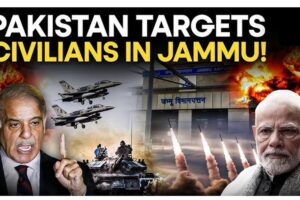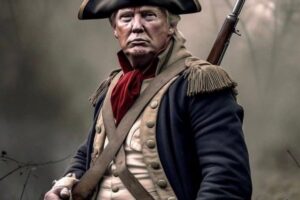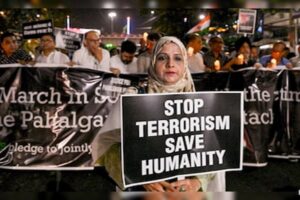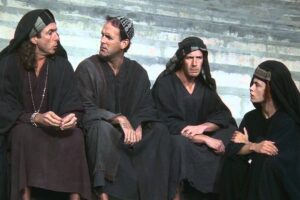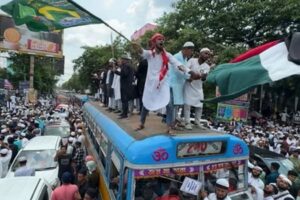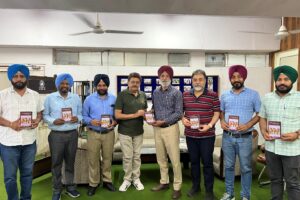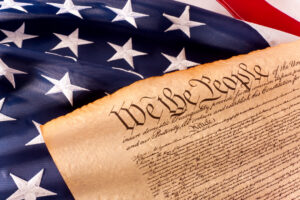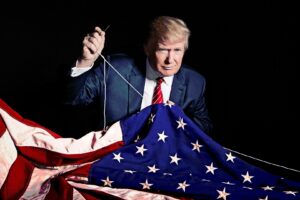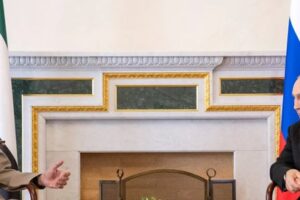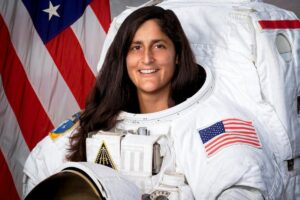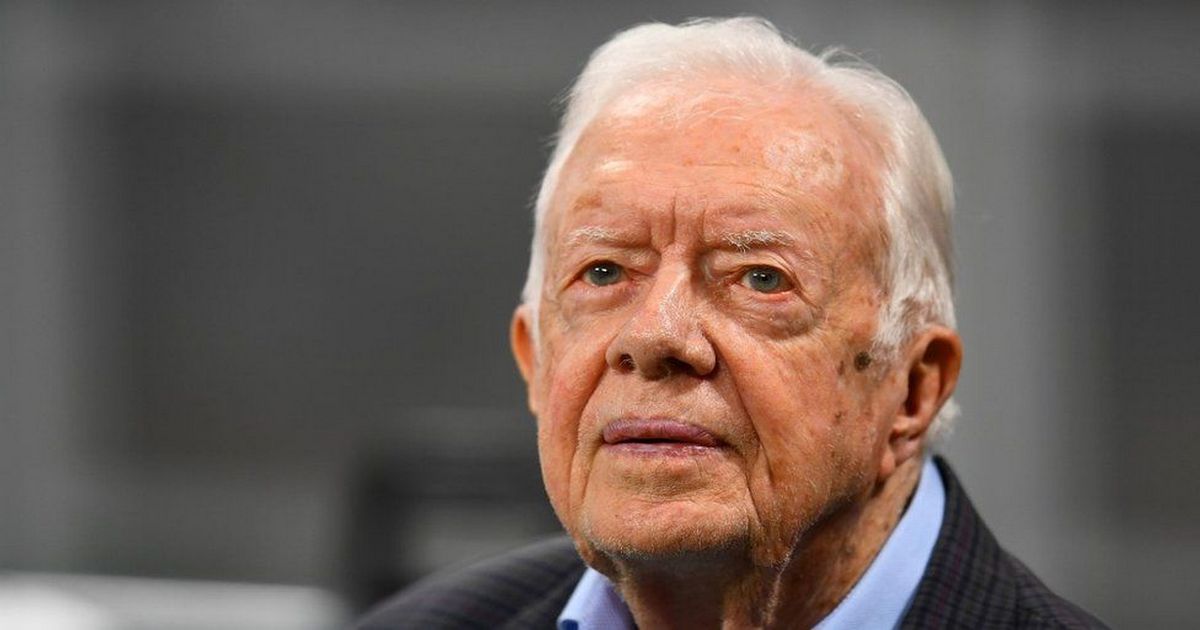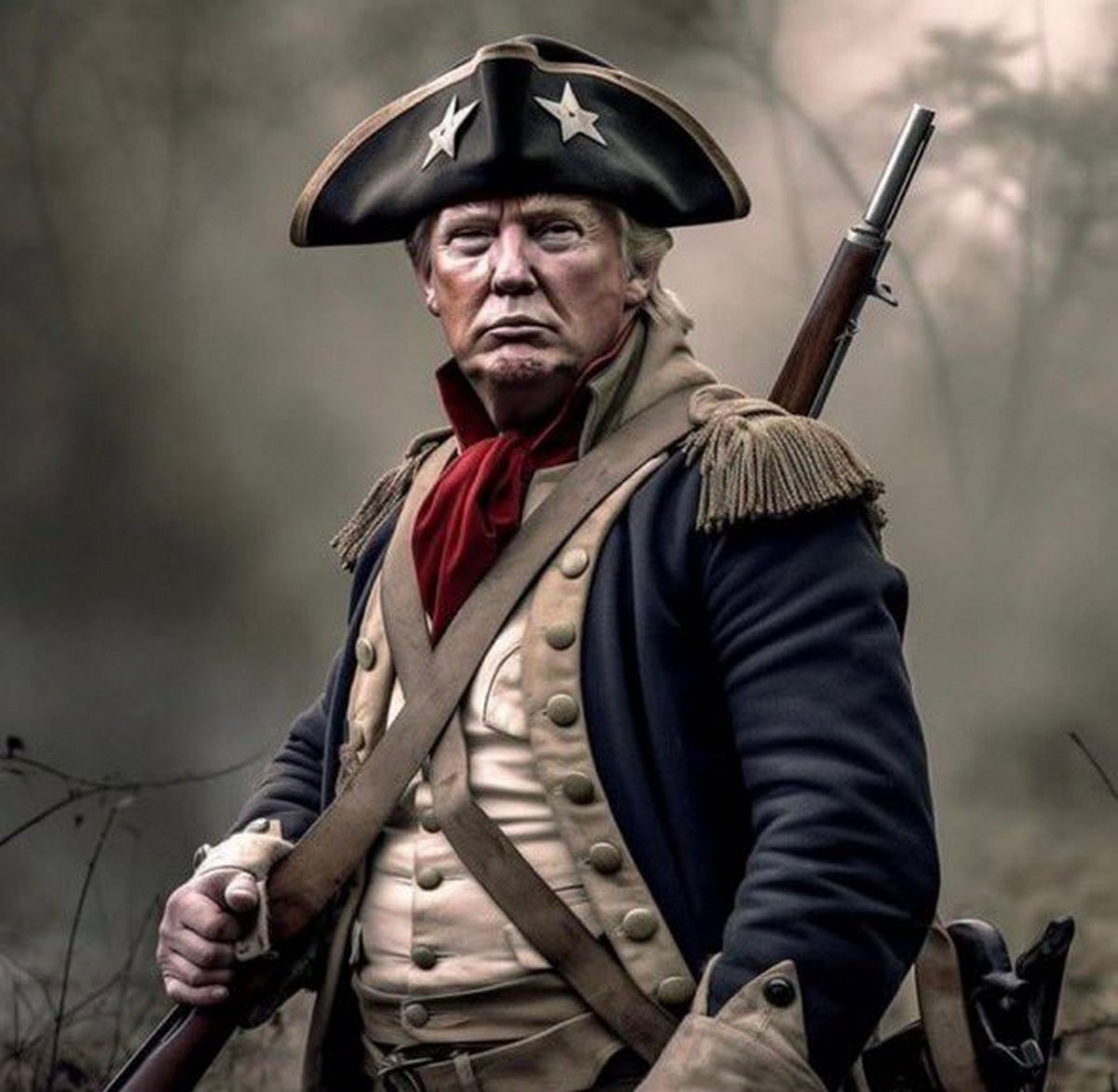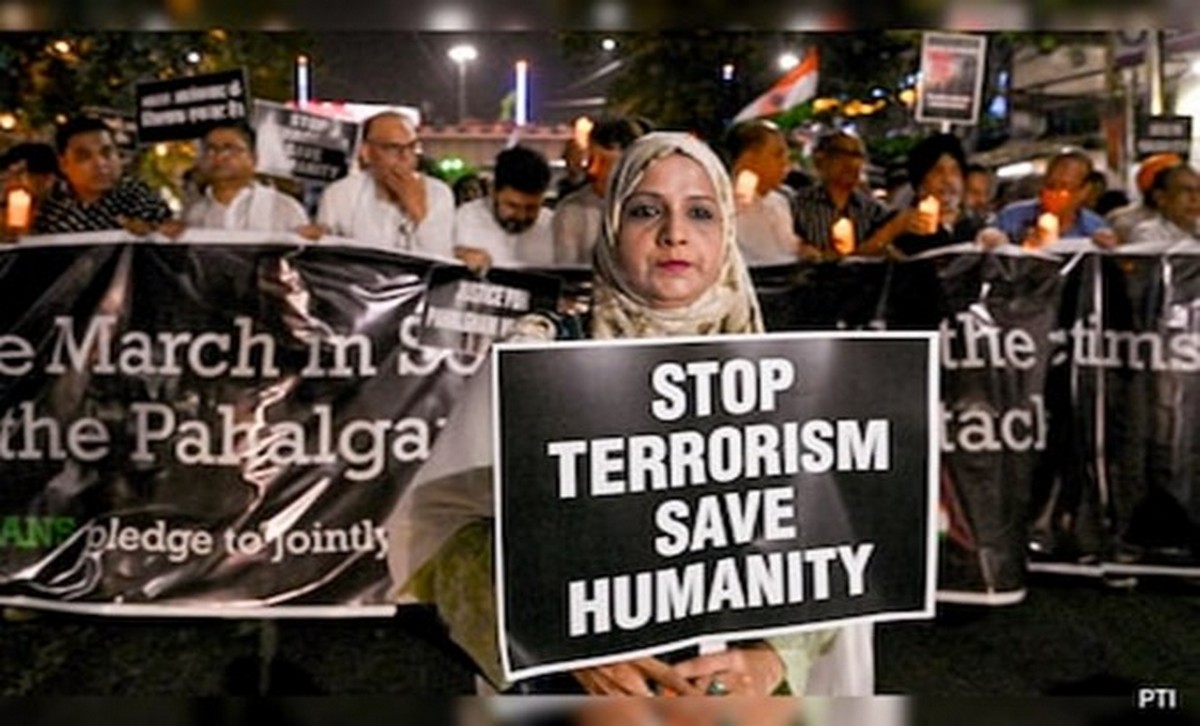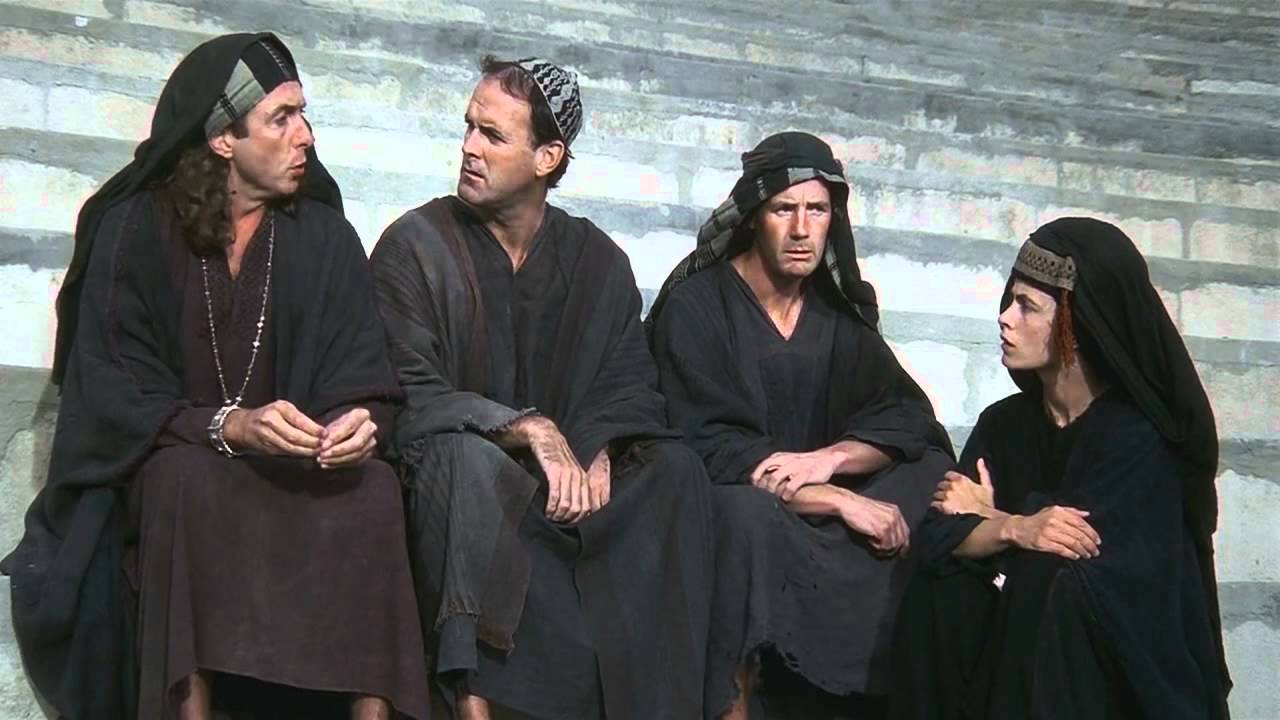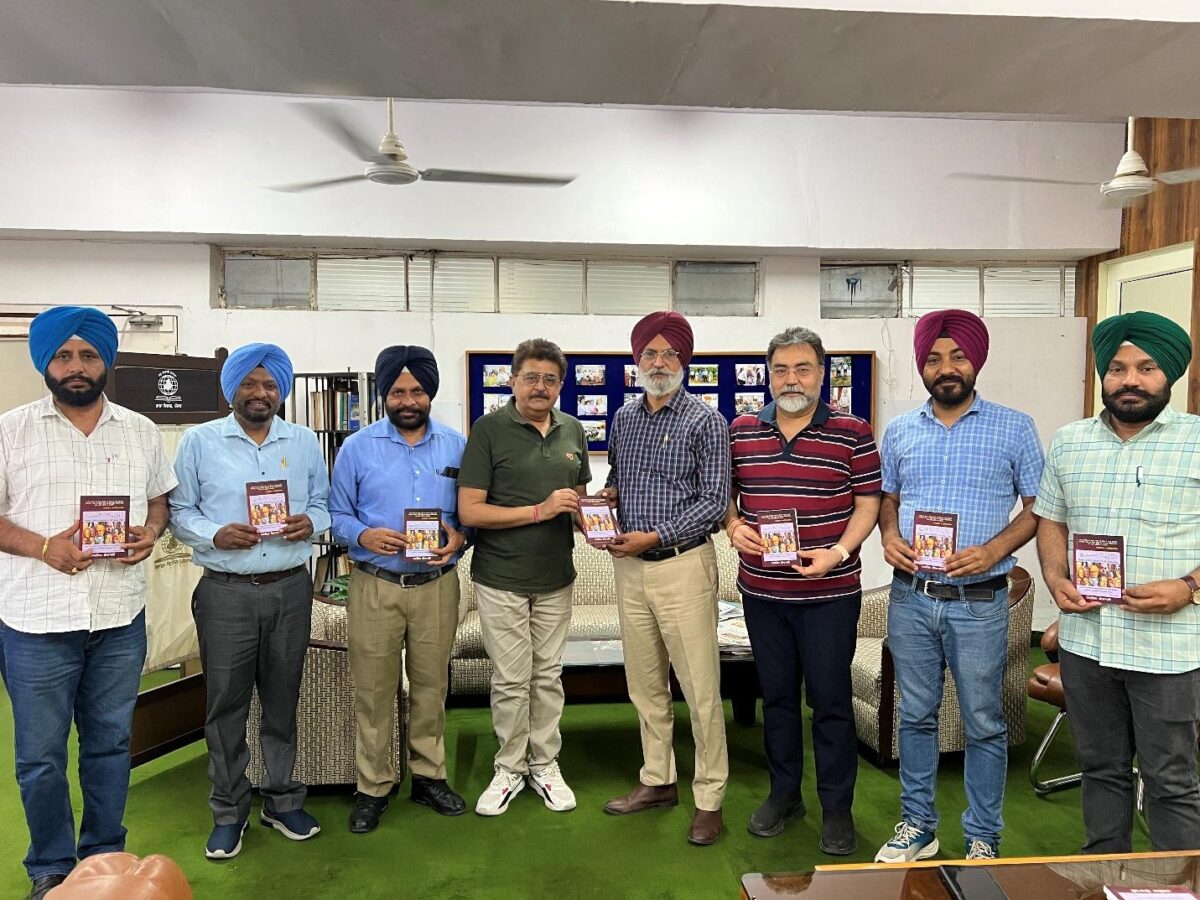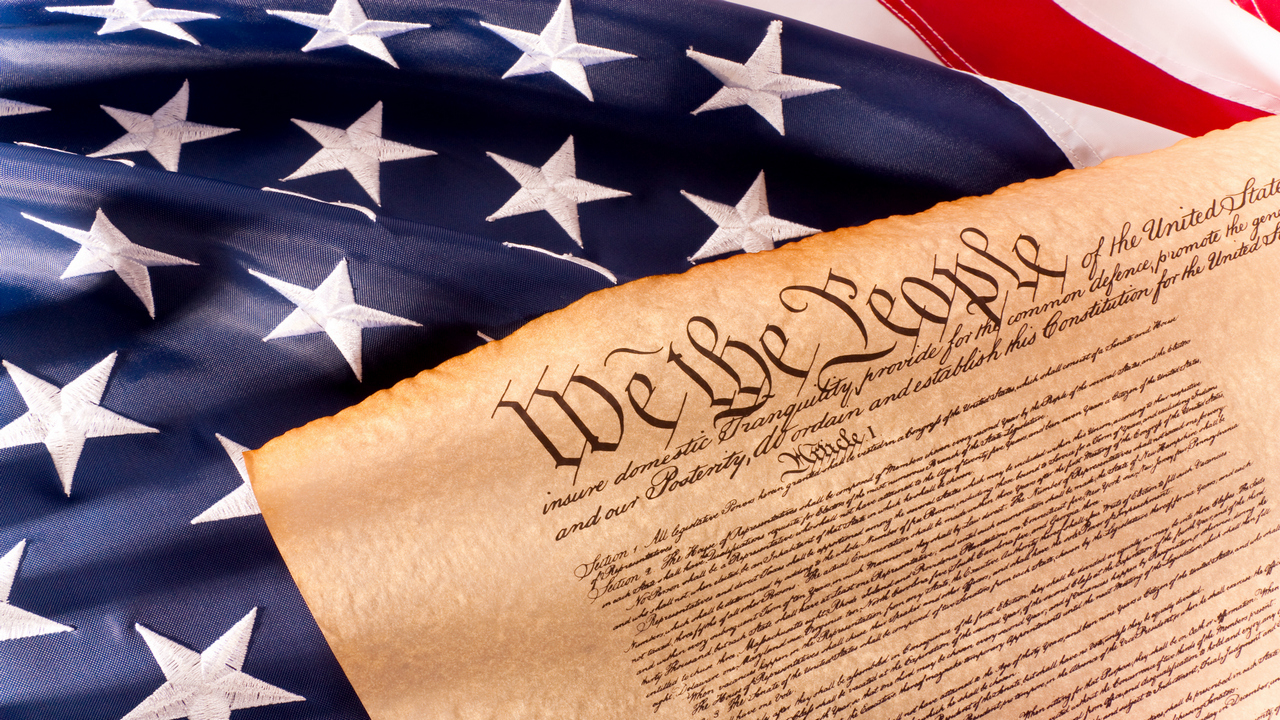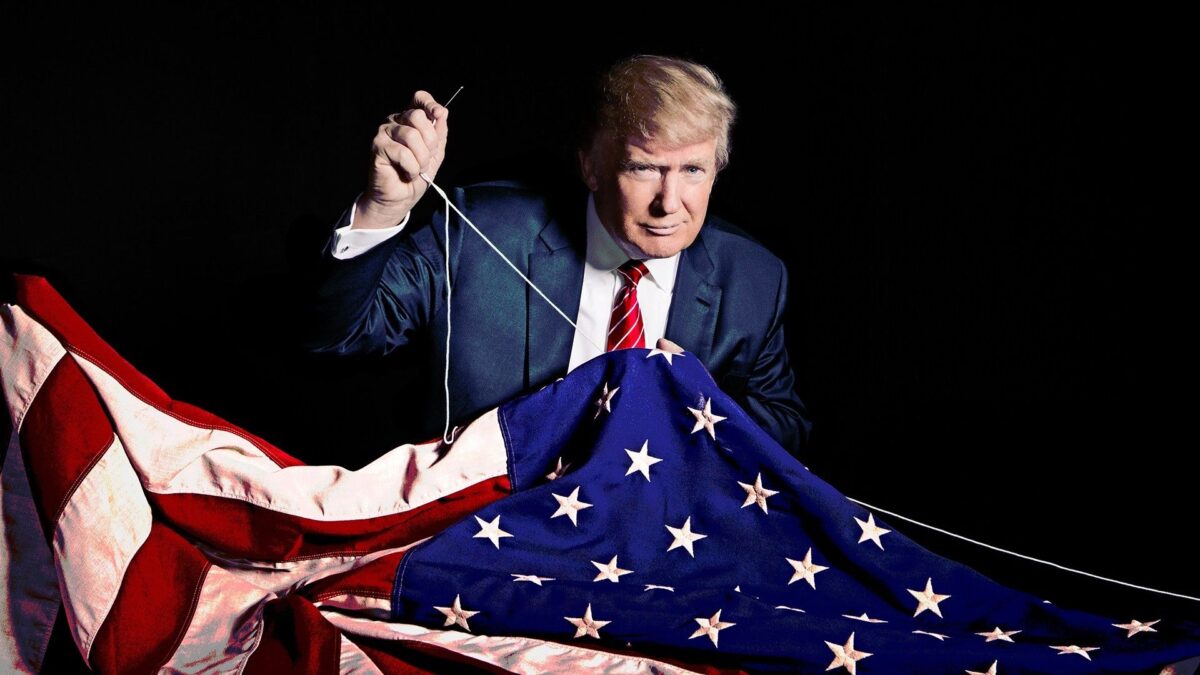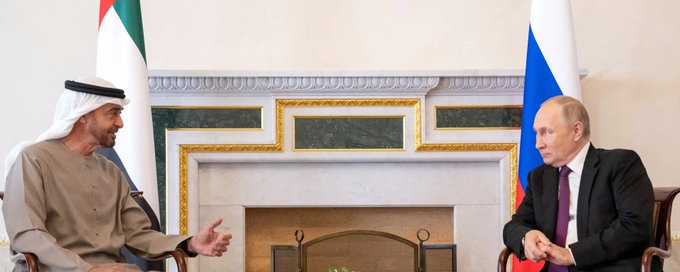As I wrote some sixteen years ago:-
In retrospect, Jimmy Carter, 39th President of the United States, was a disaster on wheels for America, his foreign policy strategies, among which was the removal of support for the Shah of Iran, thus helping place Khomeini and the mullahs in charge, and the signing away of the Panama Canal to a bunch of low-level criminals and drug-runners.
But the one shining item in his portfolio was his acclaim of ‘Human Rights’, not the wishy-washy union- and liberal-friendly crap which is so loved by the European Union, but the real package, the freedom to worship, even if it’s a mish-mash of ideas like Falun Gong; the freedom to congregate, even in a place like Tiananmen Square and talk about honest reform of government; the freedom to say “get stuffed” to a uniformed bully; the freedoms laid down by the United Nations in 1948, but have long since been either forgotten or misplaced.
He said in 1997, during a Foreign Policy speech,
“The great democracies are not free because we are strong and prosperous. I believe we are strong and influential and prosperous because we are free. Throughout the world today, in free nations and in totalitarian countries as well, there is a preoccupation with the subject of human freedom, human rights. And I believe it is incumbent on us in this country to keep that discussion, that debate, that contention alive. No other country is as well-qualified as we to set an example. We have our own shortcomings and faults, and we should strive constantly and with courage to make sure that we are legitimately proud of what we have.”
We learn this morning that Carter has taken, sensibly, the decision to refuse all further medical intervention for his illnesses; his family has stated that he will be receiving ‘hospice care’ at home, as he lives out his final days.
His Presidency ended in ignominy, with the Iran Embassy hostages only freed some thirty minutes after Ronald Reagan took the Oath of Office.
Carter spent the rest of his years working for charities he had helped sustain. He gave few political interviews, preferring to live out his years with his wife in seclusion.




